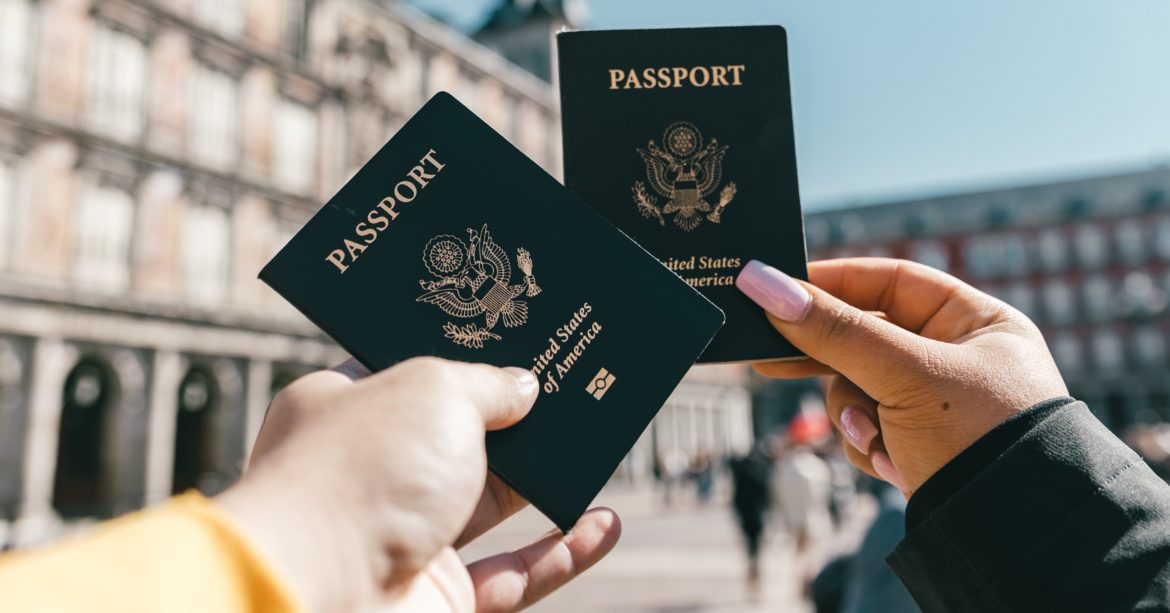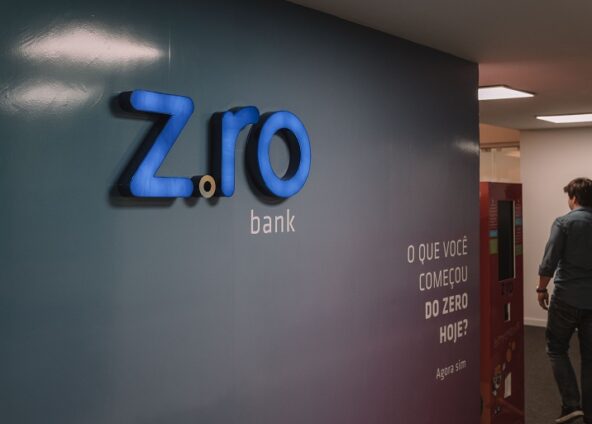Brazil is a country that is relatively not open to the world. Although our culture is very well regarded around the world, with an image of relaxation and creativity, our global presence in business is still timid. O ranking of the 250 largest retail companies in the world, for example, has only 4 national companies (Via Varejo, Magazine Luiza, Lojas Americanas and Raia Drogasil). Already among Fortune's 500 largest global companies, Brazil has only 7 representatives (Petrobras, JBS, Itaú Unibanco, Bradesco, Banco do Brasil, Caixa and Vale).
Part of the country's lackluster presence on the global stage comes from our troubled history, but a significant part comes from a mindset limiting. With an immense territory and a population of 200 million inhabitants, at first it makes sense to think about occupying spaces within the country, and only then internationalize.

It's exactly the opposite of what happens in Europe or in countries like Chile and Israel. To take the example of our South American neighbor, which has a population of 17 million inhabitants (less than that of Greater São Paulo), growth opportunities are limited and companies that want to grow end up being forced to think outside their borders. . The same happens in Israel, a country of just 8 million people that is one of the great global hotbeds of innovation: being born global is practically an essential condition.
This does not mean, however, that countries with large populations necessarily lag behind in the globalization of their businesses. Facebook, Instagram, Amazon and Alibaba are some examples of companies from large markets that have a global presence. Brazil, fortunately, is increasingly attentive to international opportunities: startups such as Olist and Pipefy, both of our clients, are present in 180 and 150 countries, respectively. For them, there are no barriers. And that's great!
How to create a startup to reach the whole world?
Not every business has the necessary characteristics to scale its business across the world. In some cases, acquiring customers in other countries requires extensive customization of the platform or even the operating model.
Therefore, to evaluate the possibility of making your startup As a global business, be aware of these important points:
1 – A solution that requires little (or no) localization
The fewer adaptations your solution requires to other markets and cultures, the greater your chance of success in going global. Waze, for example, has the same operating principle anywhere in the world (the difference is the maps of each city, in a very simplistic way). Olist can plug retailers from anywhere in the world onto its platform and make sales happen in a relatively simple way: tax rules and specific payment methods may require special attention, but for those born in Brazil, little should be more complex than than our reality.
2 – Need to develop local operations
In the analogue 100% world, internationalizing a business meant opening an office in another country, subject to local regulations and bureaucracy, hiring people according to the law of that country and building an entire structure before even invoicing the first invoice. Startups with an international vocation operate according to another logic.
They are able to offer their solutions to businesses and consumers around the world, with little more than translation into the local language (or even just English), without even being physically present. Amazon, for example, delivered products in Brazil through partners long before opening an office in the country.
Pipefy, which automates workflows in companies, does not necessarily need to have an office in a European or Asian country to make its solutions work for customers in that region. Startups service-based companies are more likely to globalize their business.
3 – Possibility of acquiring customers online
If your business necessarily depends on a physical structure, it takes longer to go global. A consumer goods manufacturer, for example, needs to place its product in a supermarket close to the customer to gain scale. Already startups Capable of delivering their solutions digitally and responding to customer demands, they make the world their backyard.
Although initially this means that online businesses have more possibilities for internationalization, in many cases a commercial office may be sufficient to optimize presence in other countries. A company like Gympass uses the same concept of Fitness as a Service anywhere in the world, although it needs to close partnerships in each market to make its business model viable.
4 – Don’t delegate international expansion
Even if the solution offered by startup can be offered remotely to customers anywhere in the world, physical presence remains essential. And, with this, it will be necessary to develop a team that seeks global opportunities, opens offices in several countries and builds relationships with important partners in these regions.
Inevitably, this is a job for at least one of the company’s partners. startup. It's not just a matter of establishing a commercial office and translating menus, manuals and training. To the startups Those who successfully internationalize their businesses are those who transmit their culture, purpose and values to the entire team, around the world, in the same way. Making this happen is the mission of C-level from the startup.
5 – Be aware of regulatory aspects
This tends to be one of the great limitations of the international expansion of startups. If your solution meets very specific demands of a market, it will be more difficult to make the platform serve regions with very different characteristics. That's why legaltechs foreign companies have more difficulty with the Brazilian market.
In highly regulated sectors, such as healthcare and finance, less technology-related aspects can make all the difference. For fintech, for example, the need to obtain permission from the local financial authority or to have operational guarantees may limit growth. Already in healthtechs, it may be necessary to obtain approval from the equivalent of Anvisa in other countries to operate. All of this restricts the possibilities for growth.
The international expansion of a startup can be leveraged to win multinational clients. Able to “sell” your solution internally to company branches in other countries. You will also need to create networking with suppliers, research centers and external communities, which does not happen overnight. Therefore, the sooner your startup If you prepare to occupy spaces around the world, the faster you will be able to take advantage of the opportunities that arise.
By Antonio Prado, Head of Customer Service at PinePR


